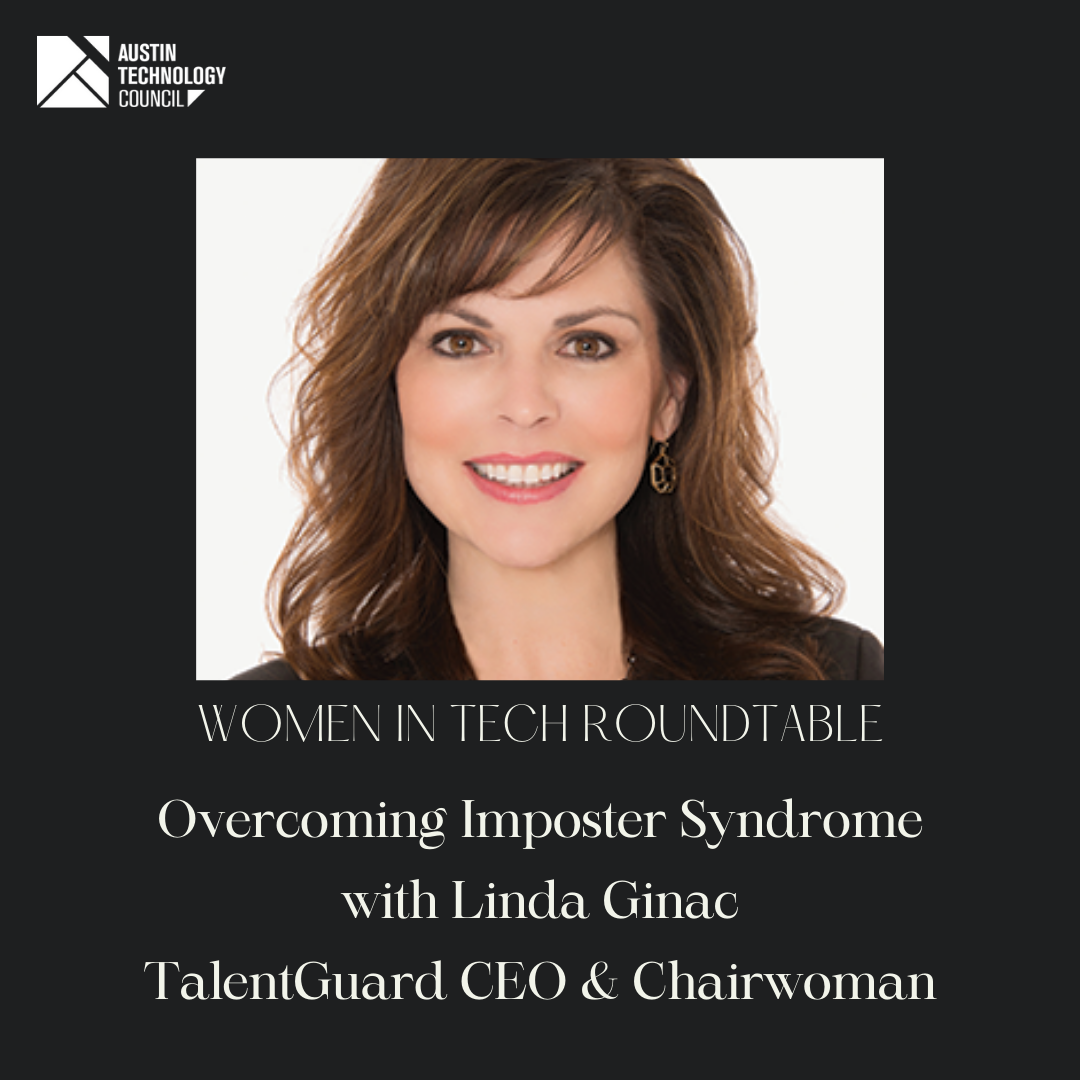“Imposter syndrome,” or doubting your abilities and feeling like a fraud at work, is a diagnosis often given to women. Women experience this confidence gap daily. A classic example of this gap is when women do not apply for a job role because she is not 100% qualified. Men apply for opportunities even if they are not a perfect fit for the role.
As you build your team, be aware of females who may be struggling with imposter syndrome. Here are a few tips to help everyone reduce bias and reach new heights in their career.
Challenge: Feeling unsure at work is normal.
Women are often given feedback about how and when to improve at every turn whereas men overcome feelings of insecurity faster because their intelligence and professionalism are validated more often.
Answer: Choose your phrases and words carefully.
Always validate your direct reports’ insight, ideas, and what they bring to the table.
Perhaps your team is hiring, and you refer a rockstar for the job. If your boss is interested, she should say, “This candidate is a great fit for the role because of X…Y…and Z.” Let’s leave it at this even if she’s not a perfect fit. When hired, create a professional development plan and work collaboratively with the candidate to improve her strengths.
Another strategy that can be applied in meetings is called “amplification.” Below is an example of amplification in action.
“When a woman made a key point, other women would repeat it, giving credit to its author. This forced the men in the room to recognize the contribution — and denied them the chance to claim the idea as their own.” – Juliet Eilperin via Vox
This model is applicable for all professionals seeking to level up their teams! https://www.vox.com/2016/9/14/12914370/white-house-obama-women-gender-bias-amplification
Challenge: Devaluing your experience
Have you also found yourself saying some form of “I don’t know how to do that?” Repeating this statement and variations of it is a sure way to devalue your knowledge and rob yourself of opportunities to grow.
Answer: Choose your phrases and words carefully. (Repeated because it is that important!)
Try instead, “I haven’t been exposed to “X” yet but am interested in learning more. Do you have best-practices to suggest?”
Challenge: Sorry not sorry
Women apologize constantly even though there is no need to. This is one area I’m personally working on. If you don’t see this line in my email you know I’m improving! “Apologies for my late reply.”
Answer: Be aware of your tone. AKA Choose your phrases and words carefully.
By simply changing your communication tone we can deliver the same message differently: “Thank you for your patience.”
Challenge: Filler words
We use too many filler words in everyday communication. This takes away from our power base.
Answer: Practice removing filler words in all your interactions.
Stop using filler words such as “like” and “you know”. You will see that your vocabulary will immediate expand.
If you have a team, keep an eye out for these habits from your team and work with your employees to correct in a one-on-one conversation as soon as you can. As a leader and mentor, choosing your words carefully is extremely important in these conversations.
Challenge: Evaluate how you value yourself.
Women tend to be over accommodating. Think about a time when a woman asked her colleagues if they’d like anything from the breakroom. Suddenly, that woman is the coffee run “girl”.
Answer: Stop being so accommodating.
Stop offering to get coffee or clean up the breakroom unless there is a schedule in place that requires everyone to do it equally.
Challenge: Getting an accurate picture of your current professional self
Having an accurate picture of your professional self is a necessary starting point to your growth and success. Artificial confidence is easy to come by but not helpful and sometimes destructive. Genuine and lasting confidence comes from constructive feedback.
Answer: Find your squad
Find a group of individuals who provide constructive criticism and value your contributions, so you have true insights on areas of development. Remember, being nice and being kind is NOT the same thing. You don’t want to surround yourself with “nice” people who tell you what you want to hear. Find a squad who will be “kind” and tell you when you’ve messed up, when you’re devaluing yourself, and when you’re on the right track.
If you are struggling with imposter syndrome, mentoring a group of women, or leading a team focus on these areas for improvement. If you have questions, need more information, or would like to get connected to an amazing female leader email me!
